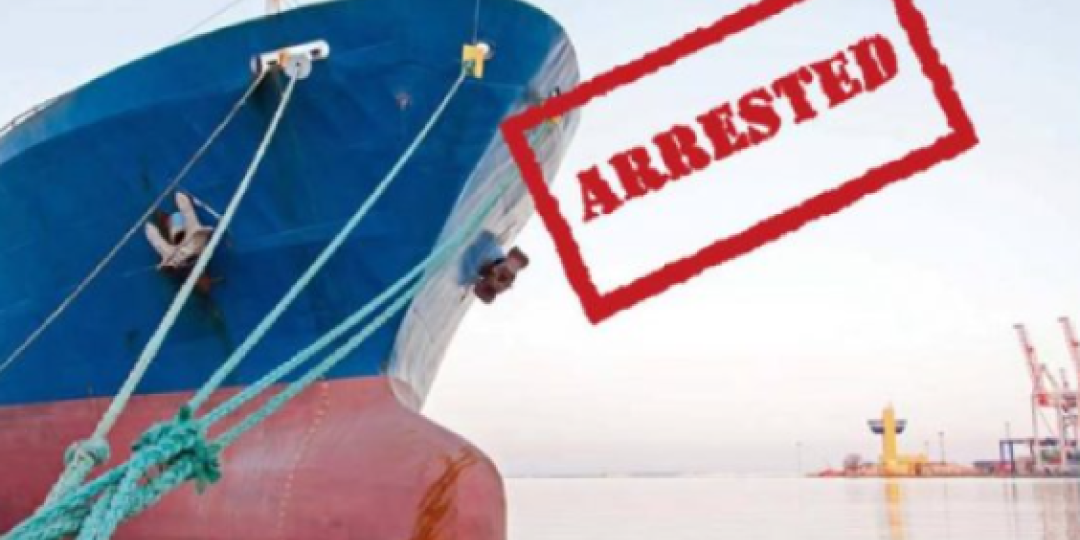Commercial vessels rounding South Africa continue to shun the country’s shipping fuel depots, citing red tape, congestion and lack of facilities, compared to more viable bunkering alternatives in Namibia and Mauritius, Bloomberg reports.
This has been confirmed by AP Moller Maersk, the holding company of Maersk, one of the carriers that led the way in diverting container vessels away from the risk-heavy Red Sea area where Houthi rebels continue to attack sea trade.
Maersk has said it favours bunkering at the beginning or end of voyages, but if refuelling is necessary on east-west sailings, the ports of Walvis Bay and Port Louis are “top spots”.
News of South Africa being spurned by the liner trade comes in the wake of a surge in ocean freight around the country’s coast as no fewer than 18 shipping lines are reported to be avoiding the Suez Canal because of military action off the coast of Yemen.
This is despite the 10 days or more that a voyage around Africa can add to the time it takes a vessel sailing between Europe and Asia.
On average, sailing around Africa adds up to 8 050 kilometres to a voyage when a vessel avoids the Suez.
For bulk carriers shipping grain from the Black Sea to Far East destinations the route around the Cape of Good Hope takes at least two weeks longer than using the Egyptian waterway towards the Arabian Sea.
Last week, it was reported by ocean freight analysis platform Sea Live that liner traffic around the Cape had increased by as much as 53%, while elsewhere it’s reported that the Canary Islands and bunker options further south and out east have shown an uptick in clientele.
South Africa, though, does not appear to be profiting from the bunkering boom that increased refuelling around Africa has heralded, mainly because of nagging perceptions about the country’s sea trade capability.
All too fresh in the memory, as well, is last year’s September incident when the South African Revenue Service detained five bunkering vessels in Algoa Bay on suspicion of contravening the Customs and Regulatory Act.
However, fuel procuring and supply company TFG Marine has said that demand has surged, including in Algoa Bay, but the Marine Business Chamber maintains that South Africa has missed out on a “rare and lucrative opportunity”.













